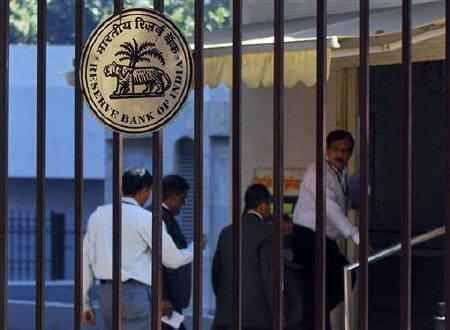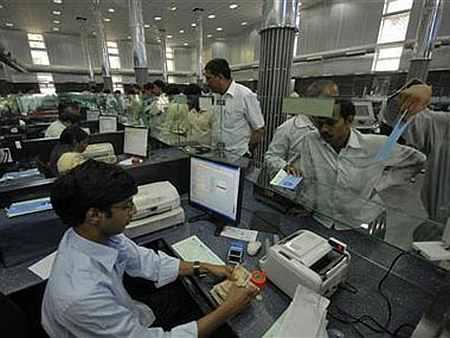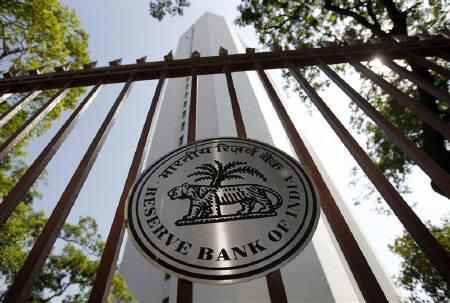
At a time when the RBI has released draft papers on the issue of new bank licensing and has sought feedback, Dr Rangarajan has said that the central bank should consider licensing new banks even without amending the Banking Regulation Act.
The word 'balancing' seems to be a favourite of Reserve Bank of India Governor D Subbarao.
Consider the number of times he has used the expression 'balancing' growth with inflation management in his monetary policy speeches.
So it wasn't a surprise when, last week, he sought to once again 'balance' his views about the finance ministry's equations with the central bank.
A day after advising the ministry to demonstrate exemplary corporate governance by exercising its ownership rights through bank boards, Subbarao said the RBI and the government were not adversaries, that disagreements were natural, and that he would worry if there was complete agreement.
. . .

Such nuancing of views may be a compulsion of the high office he holds, but the message underlying them comes through loud and clear: North Block has no business being in the business of micro-managing banks.
The latest directive to public-sector banks to refrain from giving collateral-free short-term loans to companies was just the latest in a series of 'notes' from North Block to state-owned banks virtually dictating to them what they should and shouldn't do on various operational issues such as capping of bulk deposits and how to conduct board meetings.
. . .

That the directive came just days before the government observed the 43rd anniversary of bank nationalisation on Thursday was perhaps sheer coincidence, but it was yet further proof of continued government interference in how public-sector banks did business.
It's not the finance ministry alo#8800 even the Prime Minister's Economic Advisory Council Chairman C Rangarajan has been expressing in public his opinions about new bank licensing.
At a time when the RBI has released draft papers on the issue of new bank licensing and has sought feedback, Dr Rangarajan has said that the central bank should consider licensing new banks even without amending the Banking Regulation Act.
. . .

This is in contrast to the RBI's position that new bank licences could be considered only after changes in the Act, which would enable it to supersede the boards of banks.
It would have perhaps been much better if Dr Rangarajan, a former RBI governor himself, had shared his opinion privately with Dr Subbarao, with whom he is known to have a good relationship.
As it stands, his statement -- regardless of its merits -- needlessly adds fuel to the raging fire of questions as to whether the RBI's autonomy is under attack.
. . .

There is obviously sense to former RBI Governor Y V Reddy's observations that the government should let the banking regulator retain a firm hand on the tiller.
Dr Reddy should know, as the RBI and the government did not see eye to eye on monetary policy during his tenure.
In 2007, global interest rates were softening; but the central bank under Dr Reddy maintained a hawkish stance, citing inflationary risks stemming from high oil prices.
The government favoured lower interest rates to help sustain high growth and bring relief to borrowers.
. . .

The RBI's view prevailed and it hiked policy rates.
But in June of the following year, Dr Reddy was prodded by the finance ministry into raise rates against his wishes.
The government's sympathisers cite the 1934 Act governing the RBI's operations, which gives the government power to direct the central bank in the public interest.
There is no quarrel with that historical role, but the problem starts when the government uses that excuse to direct the RBI or banks even on operational matters.
The central bank should be seen to be insulated from pressure from New Delhi, in order to ensure the health of India's evolving financial system.